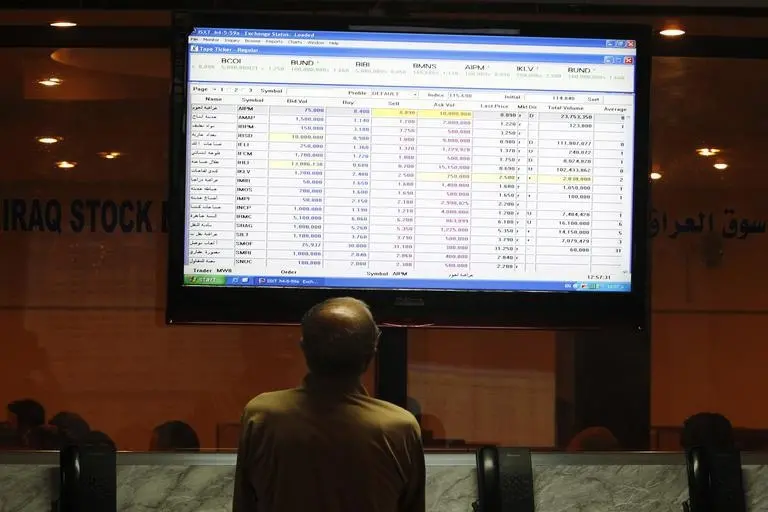PHOTO
The Iraqi government is expected to slash investment spending for 2015 by over 80% as weak oil prices hit state revenues, a spokesperson for the Ministry of Planning told Zawya.
Investment schemes have been put on hold and, apart from ongoing projects that are 50% complete and those deemed vital, all other remaining projects have been postponed or cancelled, according to spokesperson Abdel Zahra Al Hindawi.
Iraq, an OPEC producer, is facing a USD 25 billion budget deficit due to the drop in oil revenues.
"The Iraqi budget was based on an oil price of USD 56 and targeted crude oil production of 3.5 million barrels per day [bpd], but this volume remains unachievable," Hindawi said.
The economic advisor to the Iraqi government, Mazhar Mohammad Saleh, said the sharp drop in crude oil prices in the past seven month had cost Iraq, an OPEC producer, around USD 40 billion in revenue.
"Increased spending on security coincides with the sharp drop oil prices. (The government) can reduce investment spending while maintaining the operational budget," Saleh said.
He said the government is now reassessing the five-year national development plan to 2017 as the country struggles with an insurgency by the Islamic State.
The development plan assumed that the value of Iraqi oil exports for the five-year period to 2017 would exceed USD 659 billion based on exports of 2.9 million bpd in 2013, 5 million bpd in 2016 and 6 million bpd in 2017.
Iraq has requested financial assistance from the International Monetary Fund (IMF) and the finance minister has said the government plans to issue USD 5 billion of debt in an international bond sale.
Economic adviser Saleh said that Iraq had requested an USD 800 million facility from the IMF, at an interest rate of 1%, to be paid back within three to five years. He said Baghdad could secure another IMF loan of USD 3 billion-5 billion, but that it would be conditional on curbing government spending.
STRATEGIC PROJECTS
The president of the Baghdad Investments Commission (BIC), Shaker Al Zamily, said Iraq is seeking investment from Iraqis living abroad and foreign investors in the housing, tourism, agriculture and industrial sectors. He said BIC is seeking to attract an additional USD 1 billion in investment by the end of 2016.
"The government is considering the possibility of contracting big companies to carry out new infrastructure projects, particularly through long-term finance," said planning ministry spokesman Al Hindawi.
He said the ministry is considering setting up a department to streamline services for the private sector, and that the government was also working to improve resource management and tackle corruption.
"Corruption - through collusion or bribes - used to be associated with some investment projects by the private or public sectors, which not only negatively affected the implementation of some projects by around 60 to 70%, but also impacted economic development," he said.
Prime Minister Haidar al-Abadi has vowed to root out corruption and said that Iraq was committed reforming its bureaucracy and regulations for foreign companies in order to attract investment.
© Zawya 2015





















